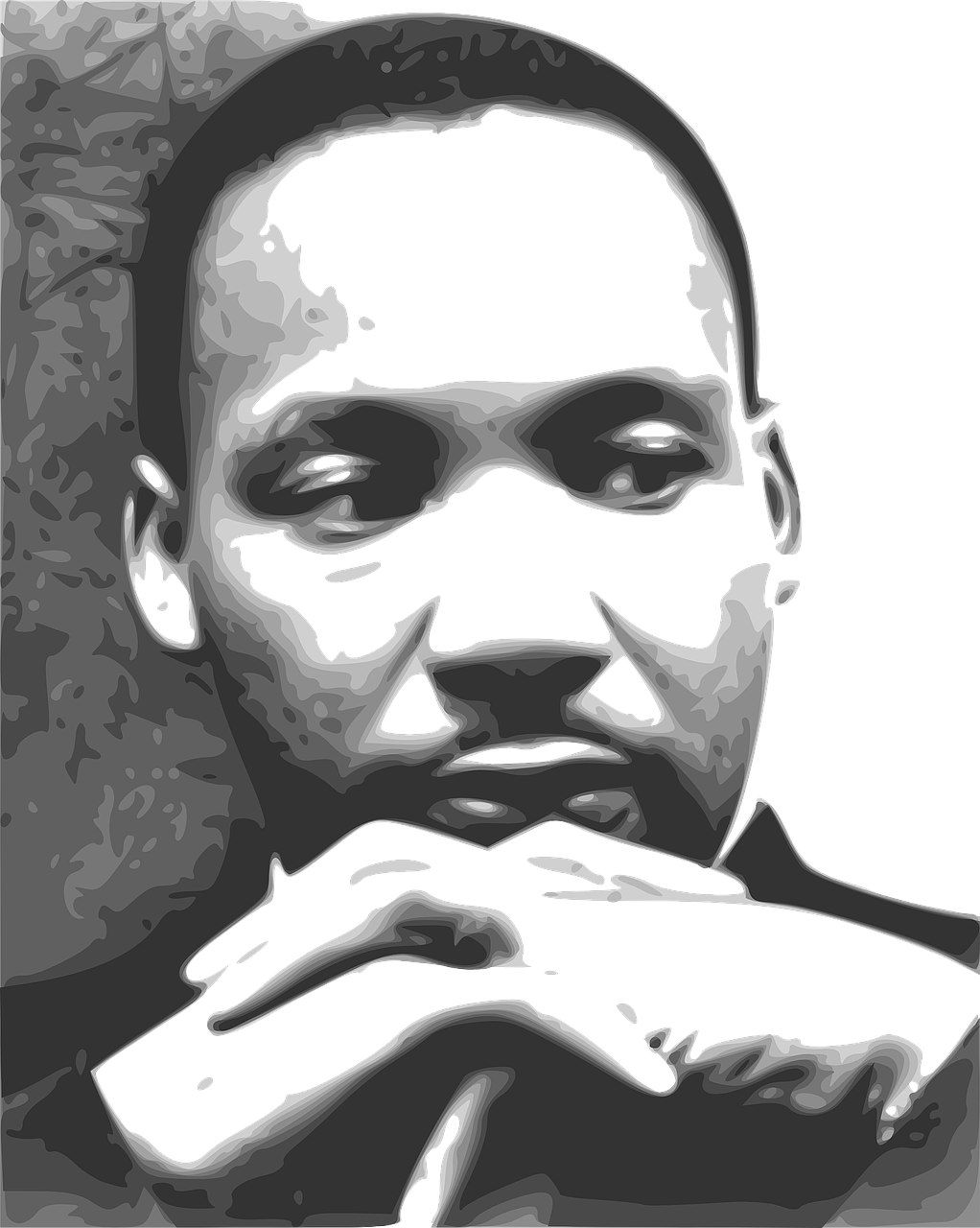Resources to Commemorate the Legacy of Dr. Martin Luther King Jr.

As we embark on a holiday weekend that will conclude with the commemoration of the life and legacy of Dr. Martin Luther King Jr., I was drawn back to a blog post I authored three years ago, Refuse to Be Silent About Things that Matter. The post was written shortly after former Iowa congressman Steve King was stripped of his committee assignments for racially charged comments to the New York Times. Fast forward to 2022. Have we learned our lessons? Has the quality of our national dialogue changed for the better?
The civics course requirements for middle and high school elevate four proven practices of civic education to prepare students with the knowledge, skills, and dispositions for effective citizenship. We can see the legacy of Dr. King in each of these pedagogies as illustrated in some of Dr. King’s most famous quotes below.
- “Our lives begin to end the day we become silent about things that matter.” The proven practice of current and societal issue discussions provides students the opportunity to deliberate essential questions facing their community. This is an authentic practice to build and practice content knowledge, civic skills, and dispositions.
- “Life’s most persistent and urgent question is, ‘What are you doing for others?” Informed action through service learning allows students to apply academic learning to real-world problems that are important to them. Service learning differs from community service or volunteerism in that the action is informed by the curriculum.
- “Nothing in the world is more dangerous than sincere ignorance and conscientious stupidity.” The new Educating for American Democracy Roadmap advocates that our constitutional democracy be taught as both content and practice.
- At the foundation of preparing students for civic life is grounding student knowledge of the workings of our constitutional republic. Teachers can provide instruction in civics and government, history, economics, geography, law, and democracy.
- Formal instruction in these subjects increases civic knowledge and increases young people’s tendency to engage in civic and political activities over the long term.
- Simulations of democratic processes allow students to “do civics” in a safe environment to learn and practice content knowledge, skills, and dispositions.
The Illinois Civics Hub has curated toolkits for each of these proven practices of civic education and our Webinar Archive provides on-demand professional development to enhance classroom practices.
As we embark on Black History Month and celebrate the legacy of Dr. King, here are some resources for consideration.
- In Let’s Go There: Making a Case for Race, Ethnicity and a Lived Civics Approach to Civic Education, authors Cathy Cohen, Joe Kahne, and Jessica Marshall make the case that, “civic educators and advocates must ensure that attention to race, identity, and the lived experiences of youth are central elements of civic education efforts—what we call Lived Civics.”
- National Museum of African American History and Culture has launched a new “Searchable Museum” Digital Initiative to share the museum experience beyond its walls on the National Mall.
- Our civic learning partner Facing History and Ourselves have a robust library of resources around race in U.S. History.
- Learning for Justice has published Four Must-Haves for Black History Month as well other resources for classroom use.
- The Visions of Education podcast has an episode,” Teaching Racial Literacy and Controversial Issues with Genevieve Caffrey” about her co-authored Social Education article, A Pathway to Racial Literacy: Using the LETS ACT Framework to Teach Controversial Issues
- PBS NewsHour Classroom has shared Martin Luther King Jr. Day classroom resources
- Common Sense Media has curated K-12 lessons to address the question, “What Can MLK’s Legacy Teach Us About Digital Citizenship?”
- iCivics WebQuest, Legislating for Holiday, not only provides students with an opportunity to explore King’s many contributions to the Civil Rights Movement but will also help them learn how a bill becomes a law.
- The Martin Luther King, Jr.Research and Education Institute at Stanford has a wealth of lesson plans that can be searched by topic and grade level.
What are you doing to honor the legacy of Dr. Martin Luther King Jr? Please comment below. Together, we can prepare ALL students for college, career, and civic life.
